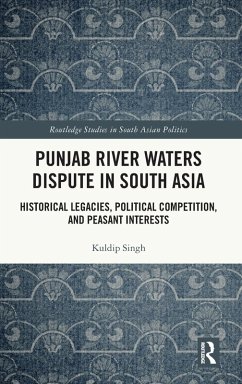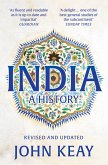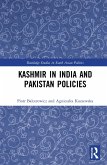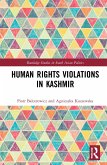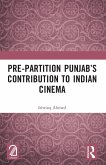This book examines the Punjab river waters controversy in South Asia, a major defining feature of Punjab politics. It also studies the difficult situation relating to the waters at the intersectionality of Punjab, the rural Sikh community, the neighboring state of Haryana, and the Indian central government.
Analyzing the history of the dispute dating back to the partition of the country in 1947, the book looks at the constitutional provisions and other laws which govern the allocation of inter-state river waters in India and their application/ departure in the allocation of river waters in case of Punjab. It also assesses the impact of river waters issue on politics of the State. The author investigates how Punjab peasants, an influential segment of society, have played a catalytic role in determining party positions on the subject, resulting in a situation where the SutlejYamuna Link (SYL) canal will not be allowed to be constructed in Punjab territory.
An important contribution to the waters dispute in the Punjab, this book will be of interest to academics studying South Asian and Indian politics and rural political economy.
Analyzing the history of the dispute dating back to the partition of the country in 1947, the book looks at the constitutional provisions and other laws which govern the allocation of inter-state river waters in India and their application/ departure in the allocation of river waters in case of Punjab. It also assesses the impact of river waters issue on politics of the State. The author investigates how Punjab peasants, an influential segment of society, have played a catalytic role in determining party positions on the subject, resulting in a situation where the SutlejYamuna Link (SYL) canal will not be allowed to be constructed in Punjab territory.
An important contribution to the waters dispute in the Punjab, this book will be of interest to academics studying South Asian and Indian politics and rural political economy.

